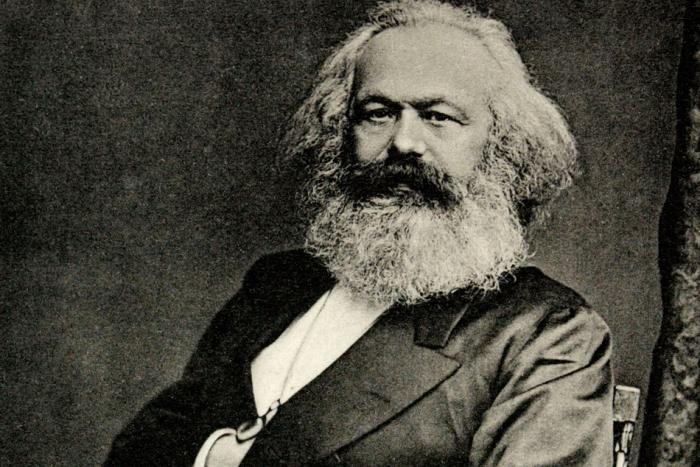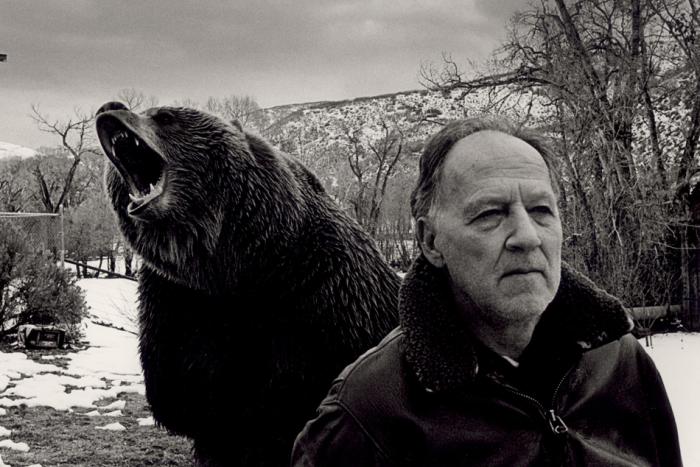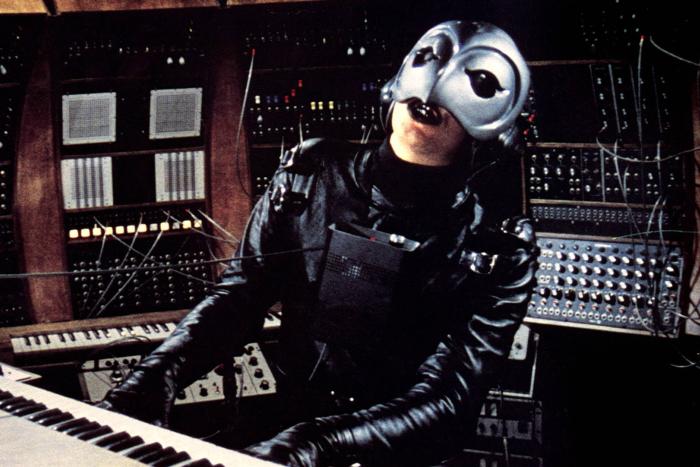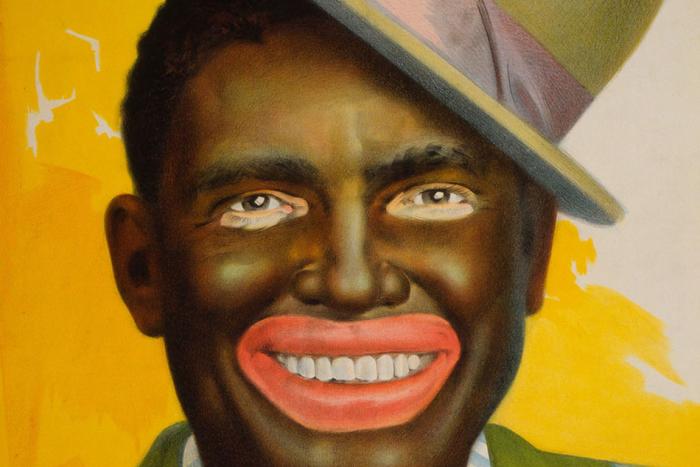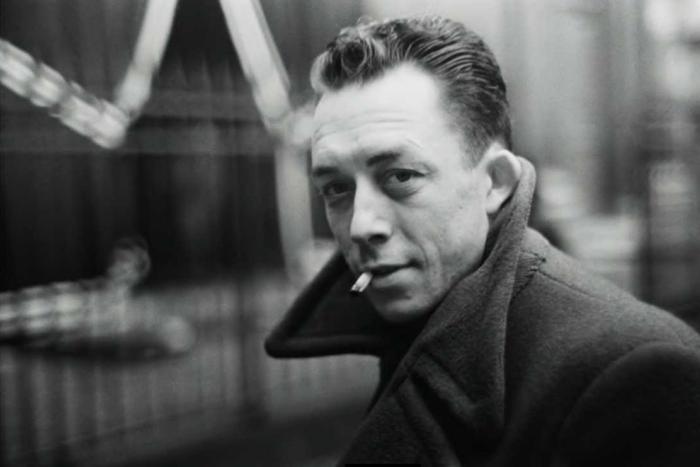As Juan Goytisolo’s The Marx Family Saga shows, Marx stands less for revolution than whatever revolution you prefer. Where’s the man in the myth, and does it matter?
Lost Library
The Latest
Language determines who we are, but we are never just one person. We are many identities, many of whom might hate each other. In that case, language is a tightrope between identities with nothing in common, or an identity long ago lost.
Werner Herzog has been known to hypnotize chickens; he also hypnotized the cast of his 1976 film Heart of Glass. The movie is excellent—but the method is terrifying. Why hypnotism is terrifying.
Daft Punk—the two French musicians in futuristic helmets responsible for the feel-good anthem of the summer—owe much to Brian De Palma's classic 1974 cult film Phantom of the Paradise.
Emmett Miller was a secret father of pop music—who happened to perform in blackface. Was he a monster, or a genius, or both, or neither? For his biographer, Nick Tosches, should it have mattered?
While analysts—like Nick Carraway's, in Baz Luhrmann's Freudian-friendly adaptation of The Great Gatsby—would have us eliminate our unmeetable desires, they miss the point: delusion is the stuff of life.
In politics as in business, mediocrity is the order of the day—William H. Gass's Middle C reminds us. But can you blame people for keeping their heads down? Yes, but only eventually.
Black Sabbath's comeback hit, "God Is Dead?" situates them in a long tradition of dramatic doubters—and we know from Flannery O'Connor that certainty is dull.
Georges Perec's dream journals are full of the weird minutiae one would expect, but they add up to a biography—Perec's life in the dreamworld, where we all spend at least a third of our time.
Some biographies are cold and lifeless; others passionate and obsessed, motivated by the writer's infatuation with the subject. They may not be as objective, but at least they're warmblooded.
Pagination
- Previous page
- Page 4
- Next page

